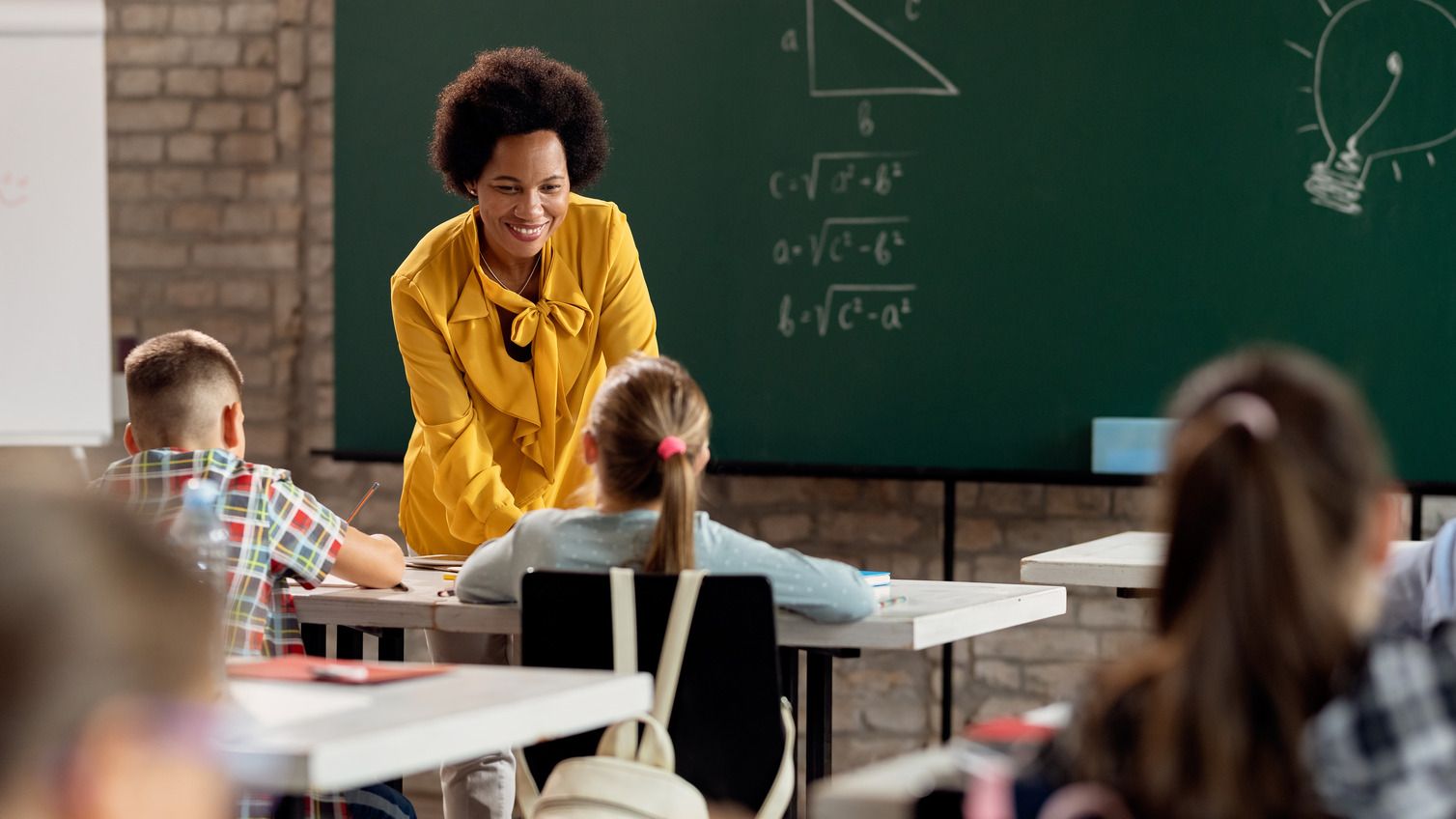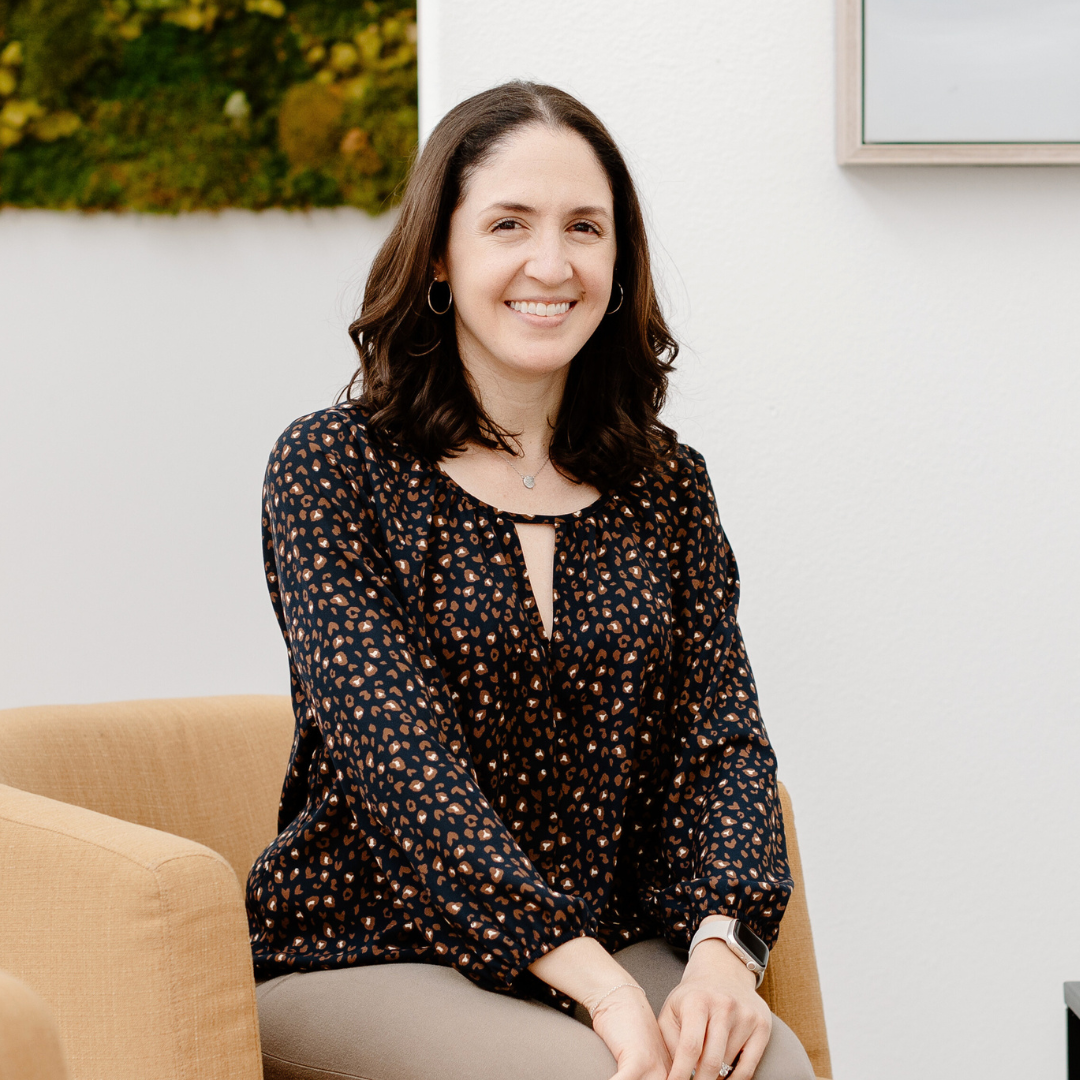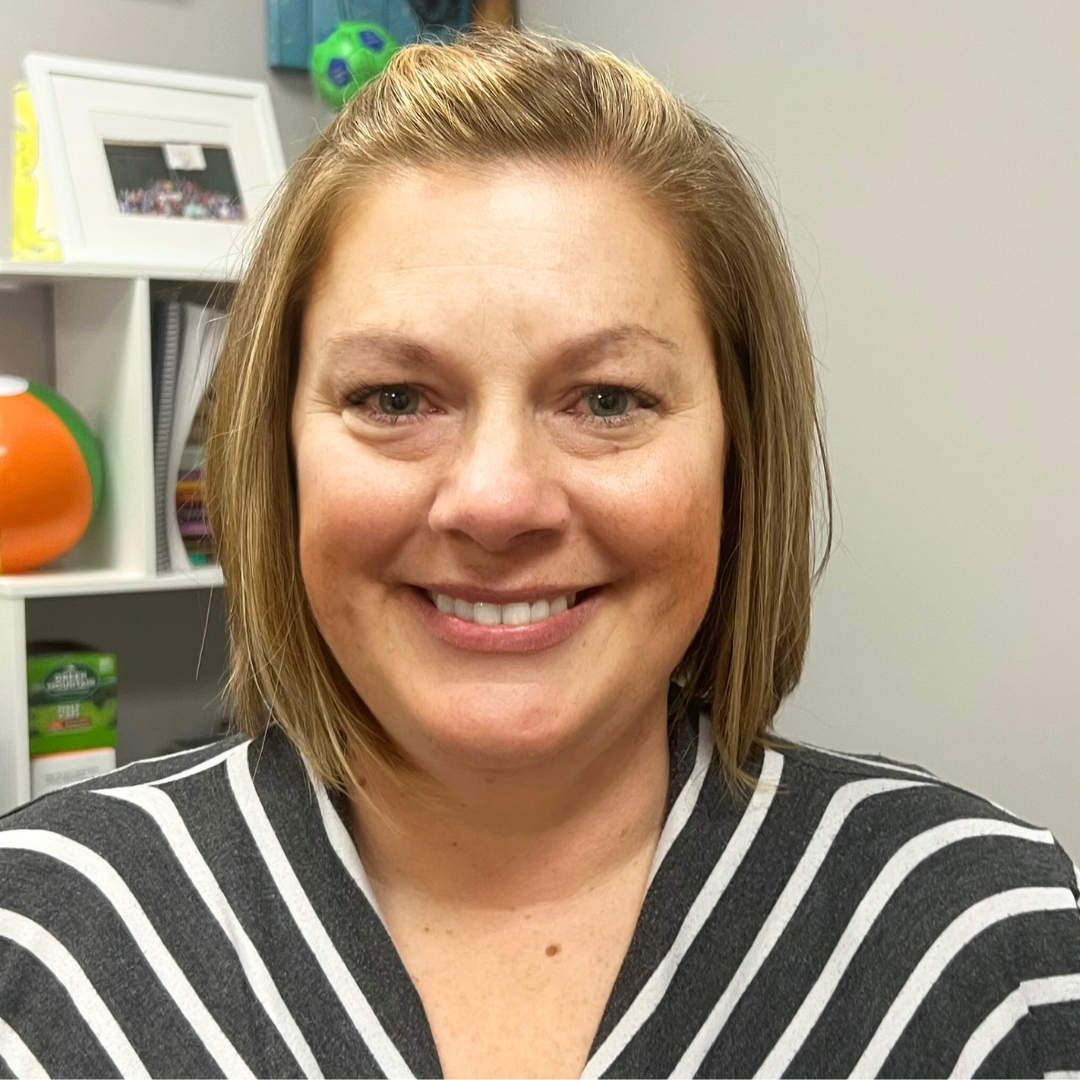The Rise of Educators as Parenting Coaches

We’ve noticed a growing trend of educators stepping into the role of parenting coaches over the past few years. Teachers, principals, and school counselors, with their extensive knowledge of child development and passion for supporting families, recognize the need for additional support beyond the classroom.
We asked some of our graduates, experienced educators and parenting coaches, to share WHY they became parenting coaches and the impact it has had on both their careers and personal lives.
Recognizing the Need for Support
Kimberly Morrison understands the vital partnership between teachers and parents as an educator and school principal. She acknowledges that parents bring unique perspectives and love for their children, while educators possess a depth of knowledge about child development. Kimberly highlights societal changes over the past 25 years, where technology has become ubiquitous, and the pace of life has accelerated, leaving less room for meaningful interactions.
Consequently, “children are entering schools with deficits in social skills, self-regulation, and problem-solving abilities. Trust in institutions like schools has diminished, and the effects of trauma on children and adults are better understood,” she shares.
Reena Morgan explained that "parents will often seek out teachers and school administrators for parenting tips and advice, to help them navigate anything from toilet learning, to sibling rivalry, to strong-willed behaviors – parents are definitely not just looking for academic guidance and support, but how to foster the growth and development of the whole child!"
Eirini Ananostopoulou saw the desperate need for support from parents in her work as a teacher in Greece. "I have worked as a Primary School Teacher in Greece for 13 years... I was deeply disappointed by the behavior management policies implemented at schools here... So I decided to change careers and try to 'fight the system' by empowering and supporting parents in raising their kids, hoping that my work would reach teachers, too... I realized that the future of this world lies on us, parents and educators."
Shaella Freeman is an elementary school teacher. While not a parent herself, she saw how these tools could powerfully impact student outcomes.
The Challenges Faced by Parents
Kimberly has firsthand experience witnessing parents who yell, punish, or react in extreme anger when their children encounter difficulties at school. “I have witnessed parents screaming at their child for having a hard time at school (when we call home to brainstorm how to support their child); often, I have parents deliver harsh punishments or removal of things or love and affection based on difficulties at school.”
She continues, “I have seen parents allowing their child to hurt another child at a social function and either reacting in extreme anger to the child or doing nothing. I have seen children who are so dysregulated that they perceive any stress as a threat and rip rooms apart or hurt other children and staff. I have parents who call me angry and yelling and often blame others for making excuses for their child.”
She emphasizes that parents readily support academic learning but often struggle with teaching social skills, cooperation, and honesty. In recognizing the detrimental impact of such approaches, Morrison's passion lies in creating a gentler and kinder world for children to learn, grow, and heal.
Shaella Freeman concurs: “I’ve read the research on the effects of parental engagement and academic success. I’ve heard countless comments from educators about parents choosing not to be involved or not caring about their child's success. At the time, I didn’t have the language to explain the root of the problem, but I knew the lack of engagement wasn’t by choice. I knew monthly meetings at the school about what curriculums we were using weren't going to make the difference we needed.”
Educator Spotlights
Read Marissa, Shaella, Jeri-Ashley, and Stephanie's stories:
Marissa Goldenstein
Building Bridges Between Home and School: A Journey of Parenting and Education
Shaella Freeman
From Teacher to Empowering Parenting Coach: Shaella Freeman's Inspiring Journey
Stephanie Sumner
Empowering Educators: A Principal’s Perspective on Becoming a Parenting Coach
Career and Personal Transformation
Reena Morgan shared: “After being at the same institution [school] for nearly 20 years (and honestly, post-Covid/pandemic stress!) I was ready for somewhat of a change while still doing what I loved most – which is supporting educators and supporting teachers – so I started my own consulting and coaching business and am doing just that for both Chicago area schools and families!”
For Kimberly Morrison, becoming a parenting coach was a natural progression in her career and personal life. As a parent of foster and adopted children, she recognizes the need for comprehensive support. By building a coaching business, she aims to extend her expertise beyond public education, assisting foster families as well. Morrison's experience as an educator and parent equips her with a unique perspective to support both children and families.
Shaella developed a new skill set that came in handy early in her certification: “After week three of the Jai program, I already knew how to use my voice and experience as an educator to truly support parents throughout the academic experience of their child(ren). I must add, I gained the secret sauce to supporting administrators too.”
Many educators and child professionals also come to Jai because they have an extremely high bar for their role as parents.
Another educator-turned-parent coach, Ruth Clothier, shares that Jai “has been very helpful in my personal journey as a mother. I have created deeper connections with my children and applied techniques on how to improve my relationship with my boys and with myself. In my professional life, I have applied these principles with my preschool students and guided parents differently as they struggle to manage the relationship with their kids."
Utilizing the Jai Certification
Kimberly expresses her gratitude for being part of the Jai Institute and its impact on her personal and professional growth. Through her certification, she has gained a deeper understanding of herself and others, viewing children, teachers, and parents through empathetic lenses. Armed with knowledge about the science of the nervous system, she listens reflectively and approaches conversations with openness and curiosity. This newfound approach allows her to offer understanding and support without judgment or defensiveness.
Reena adds: "The Jai courses, content, and the overall journey has fit so beautifully into my work and my personal and professional experiences – I find it rounds out so much of what I do and what I believe in – empowering others and helping them feel confident, especially as it relates to caring for children! I truly believe this work has helped me to place on my 'oxygen mask more securely,’ which in turn, I can help other adults better place on their 'oxygen masks' – which in turn helps those adults better place the 'oxygen masks' on for the children in their care! And this course has truly made me a better mother to my own children!"
Incorporating Coaching into Career
Kimberly is already incorporating her learnings into her role as a principal. As she completes her training, she plans to establish a coaching business, merging her expertise as an educator and parenting coach. “When there are things I want to talk to teachers or parents about, I can approach it calmly and be ready to offer space for their reactions and feelings. I am better prepared not to feel defensive or to judge but to coach through the feelings to a place of understanding.”
As an educational consultant, Reena shares that much of her work is guiding and mentoring teachers. She will often talk about co-regulation with other educators. She also helps train other educators in helping them to identify their unmet needs. “When a teacher I am coaching is struggling with a child (who is often dysregulated through various behaviors), I will often dig deeper with them to help them understand the feelings that are under the child’s behaviors. Also, when coaching in the classrooms, I will often share grounding tools, breathing exercises, etc., for the whole class to practice (teachers and children)!”
Shaella has experienced a profound change in her classroom. Instead of yelling at her students, she sings to them, unleashing her voice in a new and empowering way. She shares, “I'm more aware of my own triggers, and now understand how important it is for me to be able to regulate my own nervous system in order to provide the best experience for my kids.”
Advice for Educators Considering Parenting Coaching
Kimberly advises educators contemplating a career as a parenting coach to recognize the holistic nature of teaching. Teaching is about disseminating content, nurturing the whole child, and building relationships with families. By understanding the science of brain development, educators can meet children where they are and guide them back to the path of learning. She encourages fellow educators to find joy in being present during challenging moments. These instances serve as opportunities for children and parents to be heard, feel loved, and strengthen their relationships.
Eirini adds, "Becoming a parenting coach gives educators very useful skills and extremely important knowledge... An educator with the training of a parenting coach has the tools to cultivate a very close relationship with parents... when the two parts work together, they can create an environment, both at school and home, where children will get what they need to thrive!... So, I would suggest that every educator who really wants to make a positive, lasting impact on their students' lives should go for this wonderful training!"
If you believe you are meant to make an impact, join our Jai parent coaches in changing the world and become a certified parent coach.
Share This Article:
Curious for more?

















